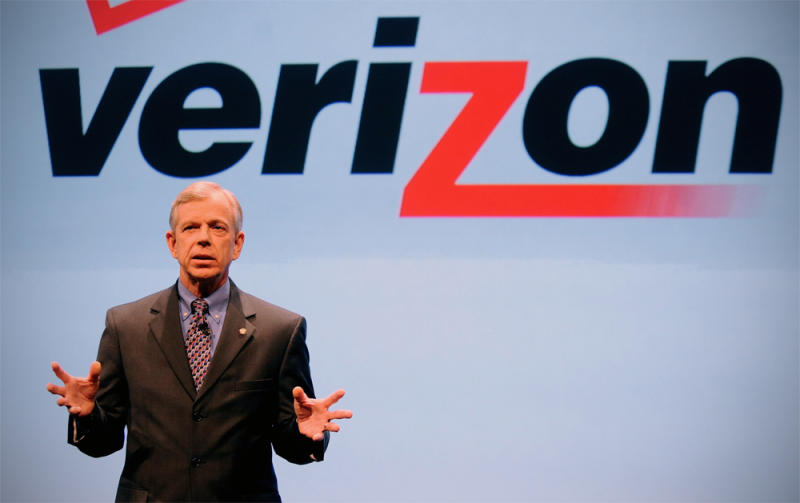From Breast Cancer To Better Skin: Is Rose Hip The New Natural Wonder ‘Drug’?Korin MillerApril 1, 2015

The rose hip is the fruit of the rose plant — and it may have some major health and beauty benefits. (Photo: Getty Images)
Miranda Kerr slathers it on her face before she goes to bed at night, Rose Byrne swears it helps regulate her sensitive skin, and Kate Middleton’s facialist reportedly uses it, too. But while rose hip seed oil has a serious celebrity following, new research suggests rose hip itself might have powerful health benefits, too.
A
new study from North Carolina Agricultural and Technical State University found that rose hip extract reduces the growth and movement of cells from triple negative breast cancer, an aggressive form of cancer that typically affects young women.
Researchers said in the study that they chose to analyze rose hip extract because of its flavonoids and polyphenols that have the potential to prevent cell growth and movement. For the study, scientists treated tissue cultures of triple negative breast cancer cells with different concentrations of rose hip extract, and found that exposure to the highest concentration decreased breast cancer cell growth by 50 percent.
While more research is needed on the effect of rose hips on cancer cell growth, experts say the fruit of the rose plant has already been found to be good for general wellness. Registered dietitian Robin Barrie Kaiden tells Yahoo Health that rose hips can contain up to 60 times as much vitamin C as an orange, provide a good dose of immune-boosting vitamin A, and can act as a mild diuretic or laxative to relieve constipation.
Related:
Stay Hay Fever Free With These Herbalist-Approved RemediesKaiden says rose hips can be taken daily and eaten raw, blended in a blender, or soaked in water overnight and then cooked in water for about a half hour. They’re also found in herbal teas, jams, syrups, pies, wine, bread, and even many over-the-counter cold-fighting products.
While there are many ways to ingest rose hips, registered dietitian Vandana Sheth tells Yahoo Health that fresh hips are the best way to get the high levels of vitamin C, since the processing methods used to create the dried version can strip out a lot of the nutrients. Just be careful to eat the outer layers only since the hairy, inner seeds of the fruit can irritate the intestines.
But the fruit’s perks don’t end there: It turns out the skin benefits of rose hip seed oil isn’t overstated by celebrities, either. “There is evidence to suggest that rose hip seed oil can help the integrity of the skin,” board-certified dermatologist
Cynthia Bailey, MD, tells Yahoo Health. “It has anti-inflammatory and anti-swelling benefits, and is also a good antioxidant to fight free radical damage.”
Related:
A Rosier Outlook For Depression, Thanks To This HerbBailey says rose hip seed oil can help moisturize your hair and nails, and increase the strength of your skin barrier to help your skin stay hydrated.
Rose hip seed oil naturally contains high levels of linolenic, linoleic, and oleic fatty acids, which are the building blocks for healthy, plump skin, says beauty expert Mally Steve Chakola, founder of
M. Steves, a natural beauty line that uses rose hip seed oil as its signature ingredient. Chakola tells Yahoo Health that in addition to increasing moisture in the skin, rose hip seed oil can also help bring balance to people with acne-prone skin and heal the appearance of acne scars.
So, should we all become rose hip devotees? Maybe. While the fruit has many benefits, rose hips can interact with some drugs, so it’s best to consult your doctor first.
Read This Next:
1,000-Year-Old Medicinal Remedy Shows Promise Against MSR Superbug

